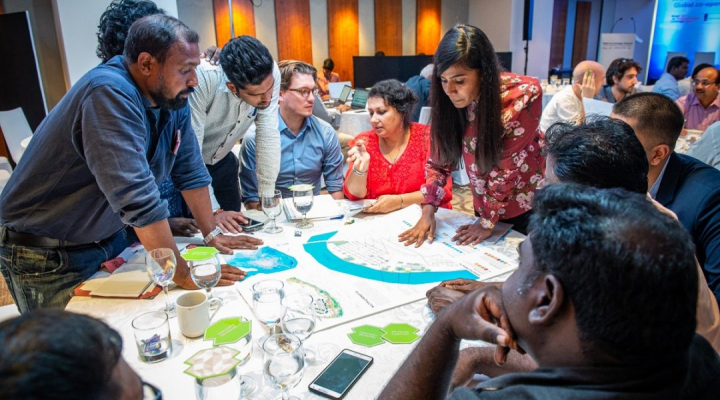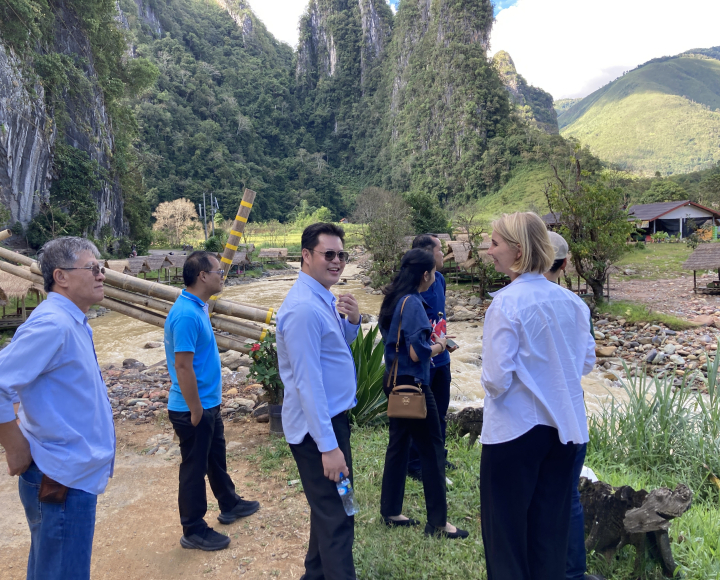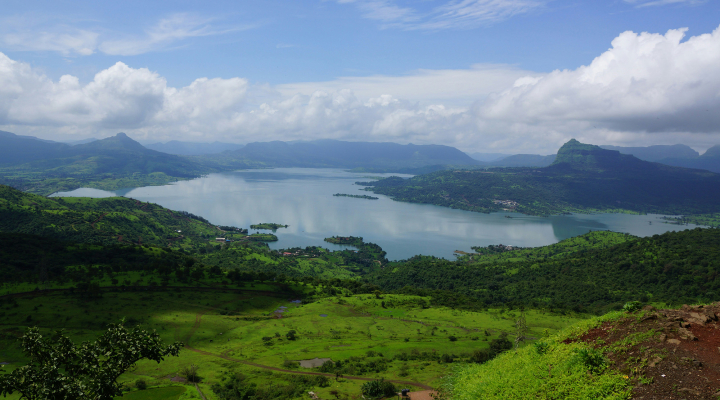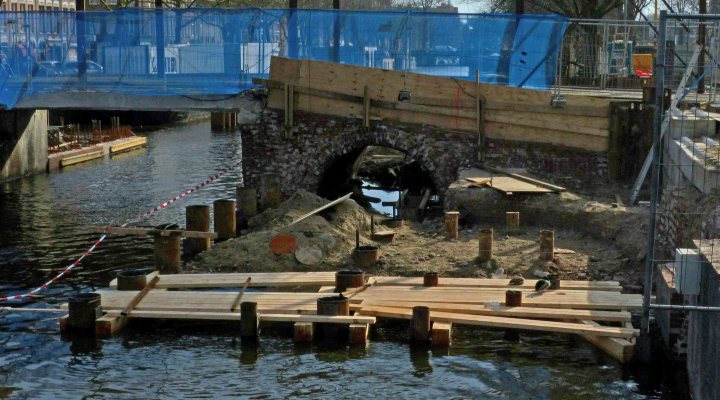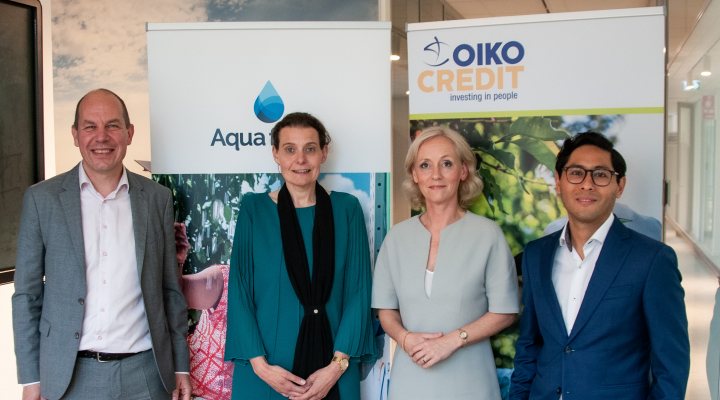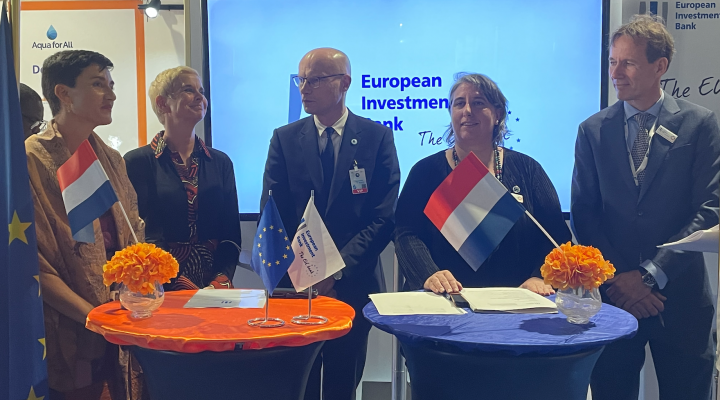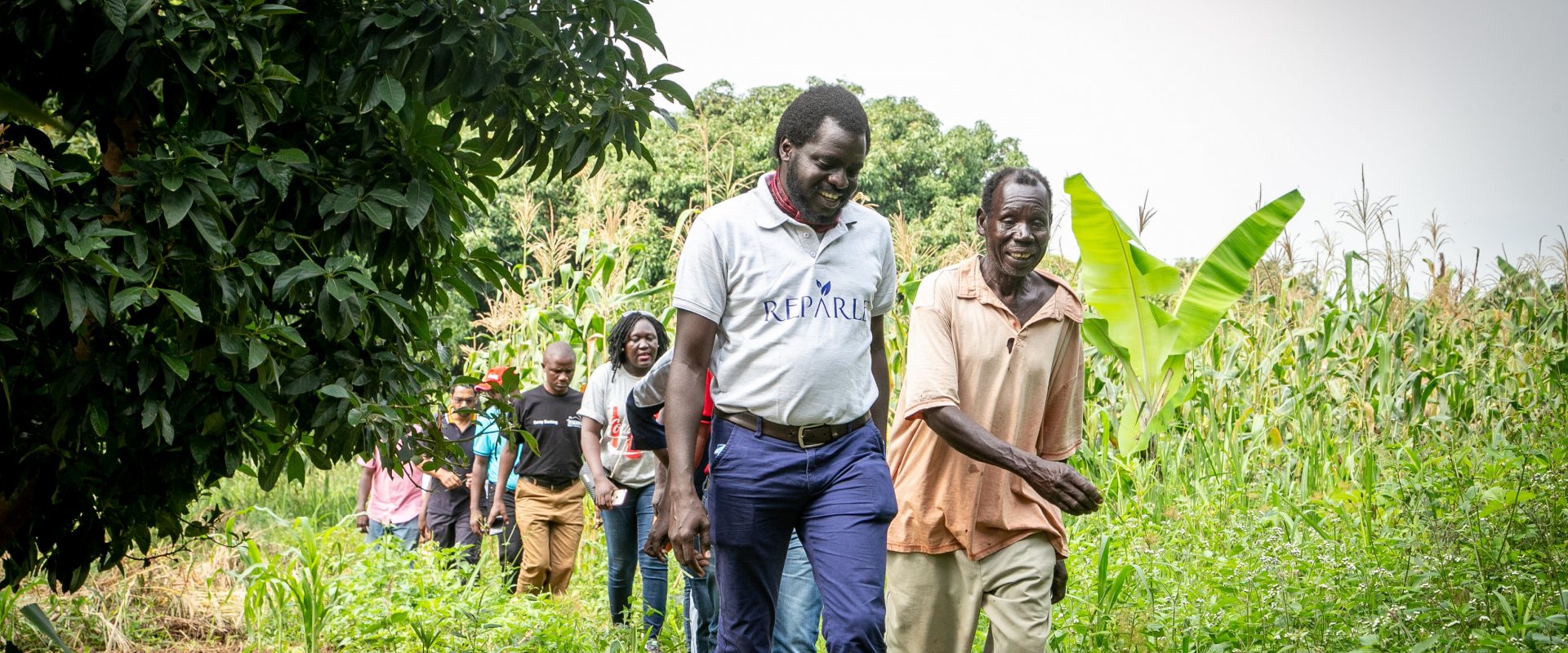
COP26: Fuel from agri residues awarded best scalable climate solution
Ugandan entrepreneur Peter Nyeko of Mandulis won the 2021 Scalable Climate Solutions Challenge organised by Dutch Fund for Climate and Development (DFCD). Mandulis developed a concept to process agricultural waste from small farmers into electricity, biogas and bio-fertilizers
The award ceremony was live broadcasted from COP26 in Glasgow on 11 November.
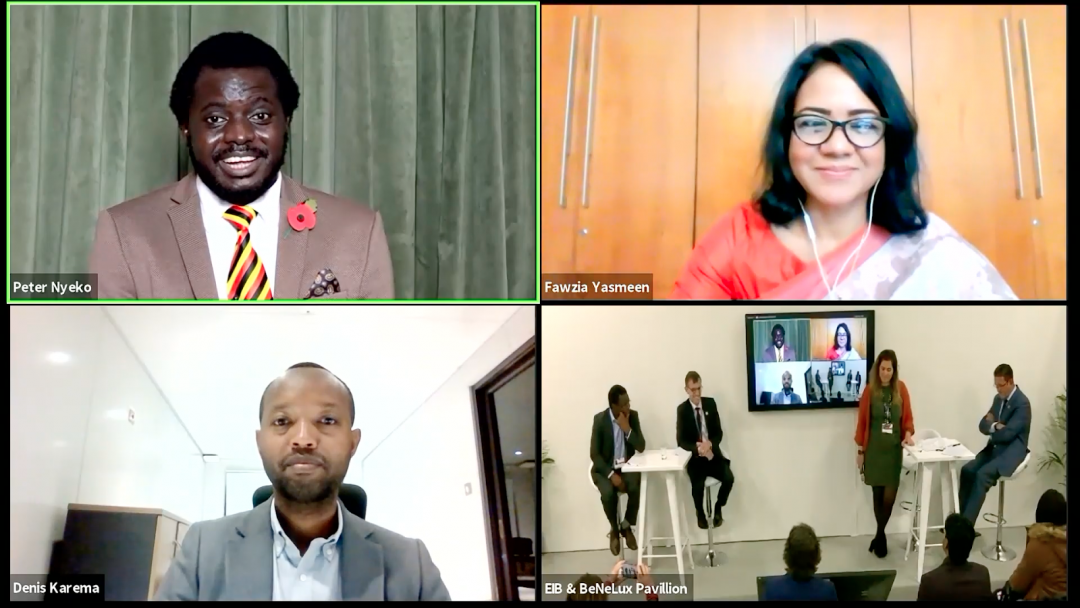

Beneficial for landscape and community
The challenge by DFCD was opened earlier this year for scalable climate solutions in Uganda, Kenya and Bangladesh. Next to the potential for scaling up, the entries were also reviewed on the positive effects on the local landscape and on the local community. Following a rigorous selection process of some 125 entries, months of coaching and mentorship, and weeks of pitch sessions, the final pitch to a jury of experts took place at COP26 in Glasgow.
The jury consisted of experts from the participating partners in DFCD, including Dutch non-for-profit organisation SNV, Dutch entrepreneurial development bank FMO, global nature conservation organisation WWF, and Climate Fund Managers (CMF).
Less wood for cook stoves
Mandulis’ managing director Peter Nyeko was selected the winner making a business case out of digestion of agricultural residues and the production of electricity (on and off grid) and biogas. The jury praised the positive effects on the landscape as households need less wood for their cook stoves. Also, the health of people increases as Mandulis provides clean cooking fuel, securing households to inhale less smoke. Additionally, the income of small hold farmers increases as they get a price for the waste they bring to Mandulis.
An additional criteria for the jury was the way the finalists would use the 100.000 euro cash prize. According to Nyeko, he would use half the amount to start a project at a refugee camp in Uganda.
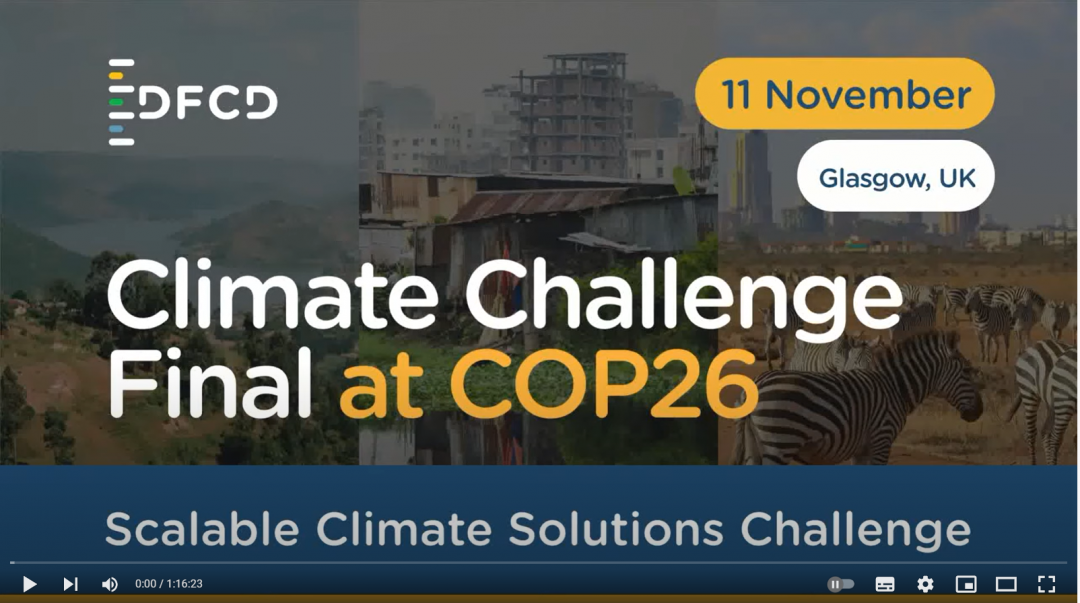

Two other finalists
The other finalists included Ispahani Agro, represented by entrepreneur Fawzia Yasmeen. This initiative supports farmers in Bangladesh by developing drought and salt resistant seeds and bio pesticides. According to Yasmeen these new type of seeds address the growing salt intrusion in the coastal areas of her country, as a result of sea level rise.
The third finalist was SoKoFresh, represented by Kenyan entrepreneur Denis Karema. He developed a business model for solar powered mobile cold storage for small holder farmers in Kenya. The cold storage has the potential to reduce the food waste from farmers to market from 40 to 2 percent, increasing the farmer’s income with 20 percent. SokoFresh has the ambition to scale up from the current 9 cold storage locations in Kenya to 190 by 2024.
Open for more countries
The consortium of Dutch Fund for Climate and Development (DFCD) has been established two years ago to give financial support for entrepreneurs in Kenya, Uganda and Bangladesh that want to scale up and commercialize their business.
DFCD can provide small business in these countries a mix of grants and concessional finance. This allows the entrepreneurs to scale up and prove that they are financial viable for financing by development banks and private investors.
During the session, the DFCD announced that next year it will extend its activities to Laos, Cambodia, Zambia and Tanzania.
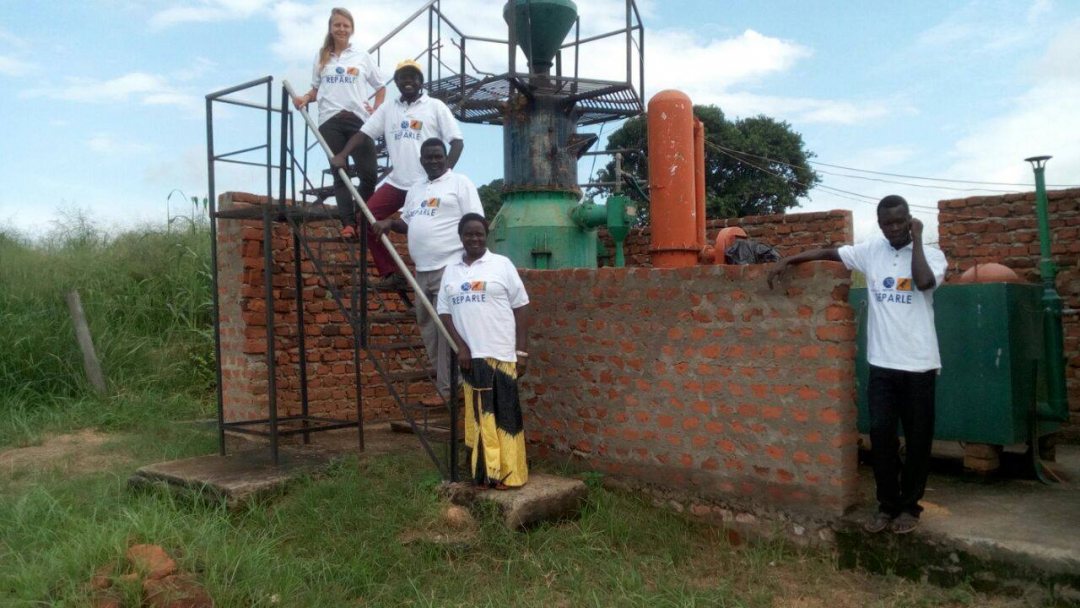

One-stop blended financing
One of the consortium partners, Climate Fund Managers (CFM), announced the first close of its second climate-focused, blended finance investment vehicle (Climate Investor 2 or CI2) that resulted in 675 million US Dollars. The initiative aims at 1 billion euro to be able to provide a blended, one-stop, financing for water business projects in developing countries.
Cornerstone support for the CI2 initiative is provided by the Government of the Netherlands, the Dutch Fund for Climate and Development (DFCD), commercial investors (KLP, IMAS Foundation, Sanlam, Aegon), Dutch public sector bank BNG Bank, Dutch development finance institution FMO and donors (European Commission and Nordic Development Fund).




